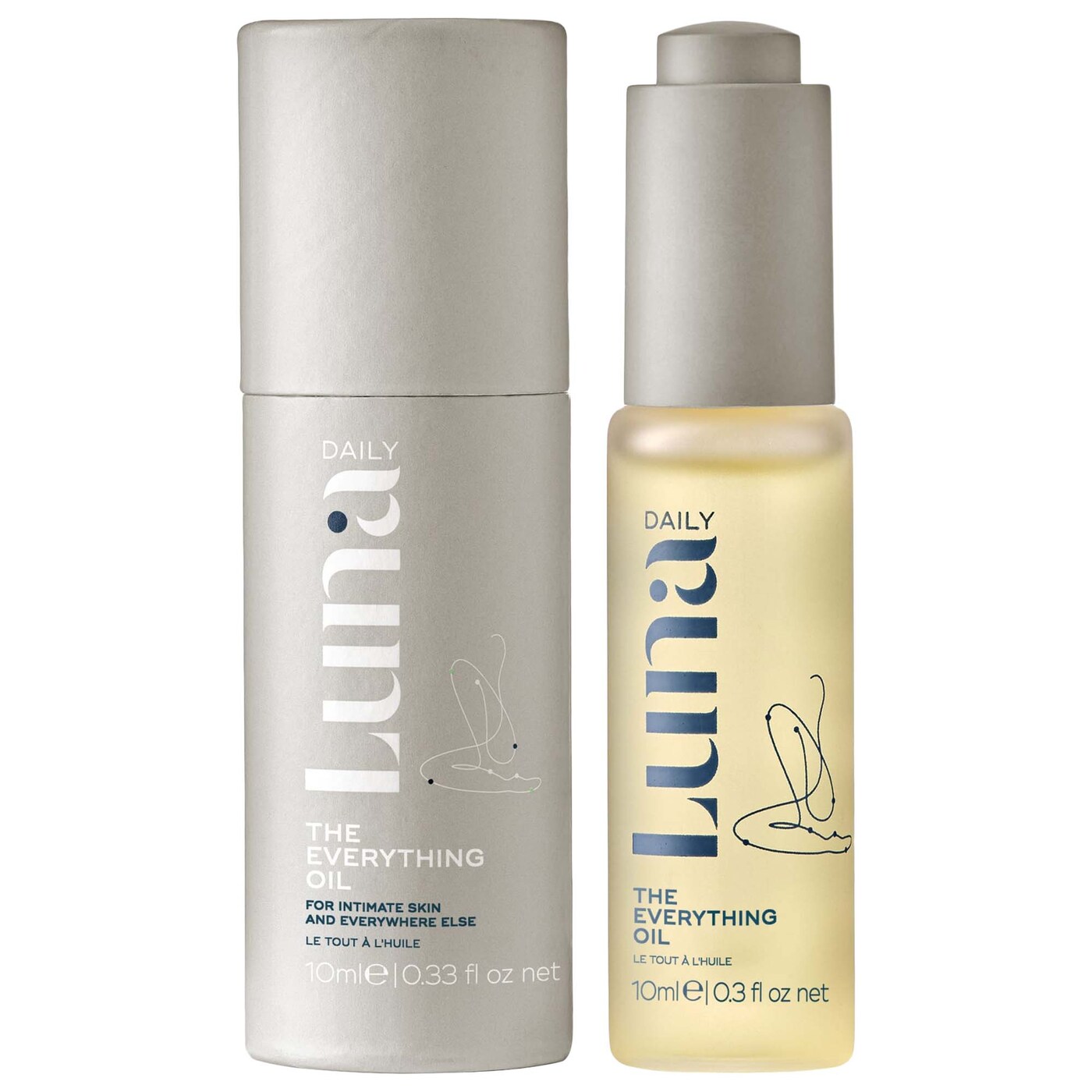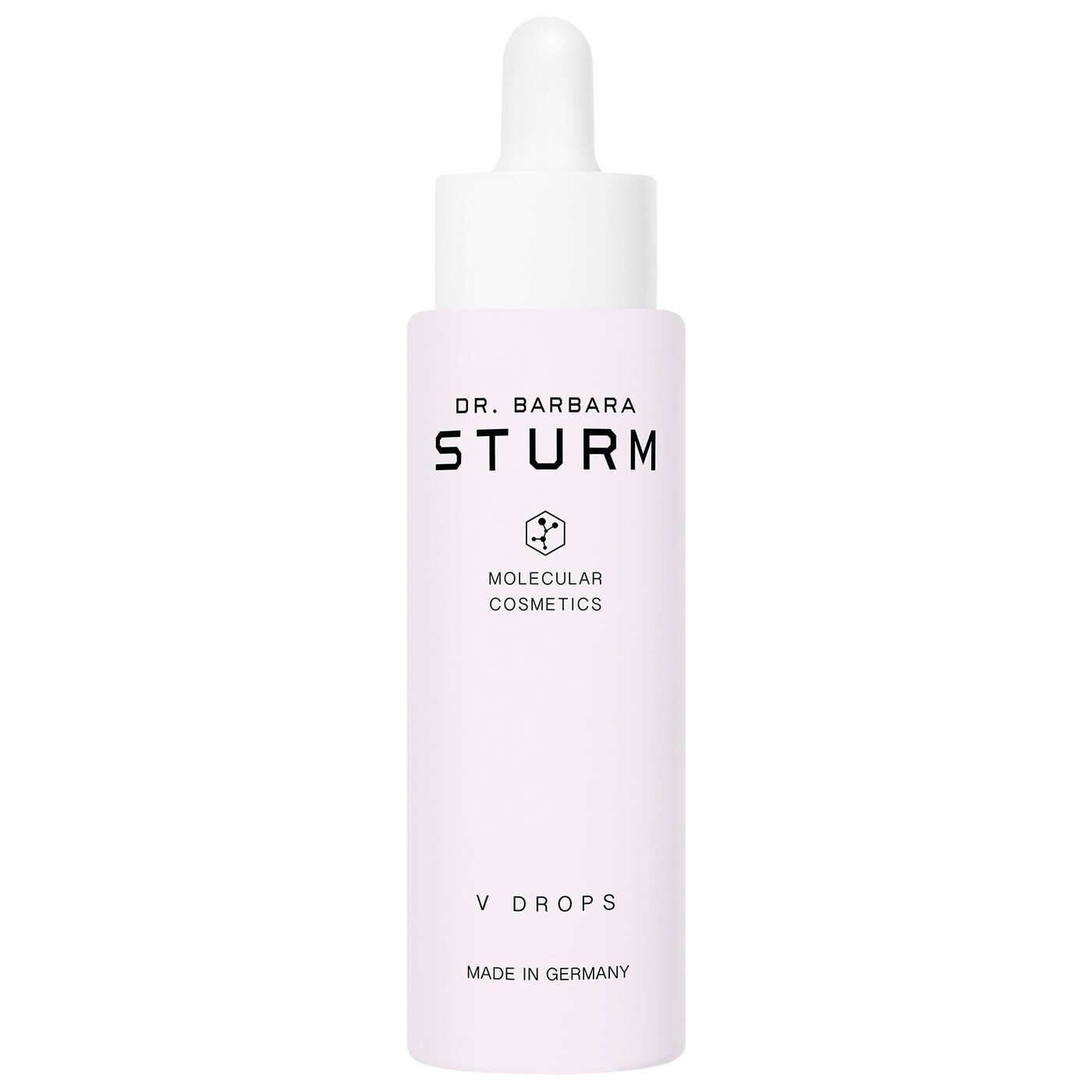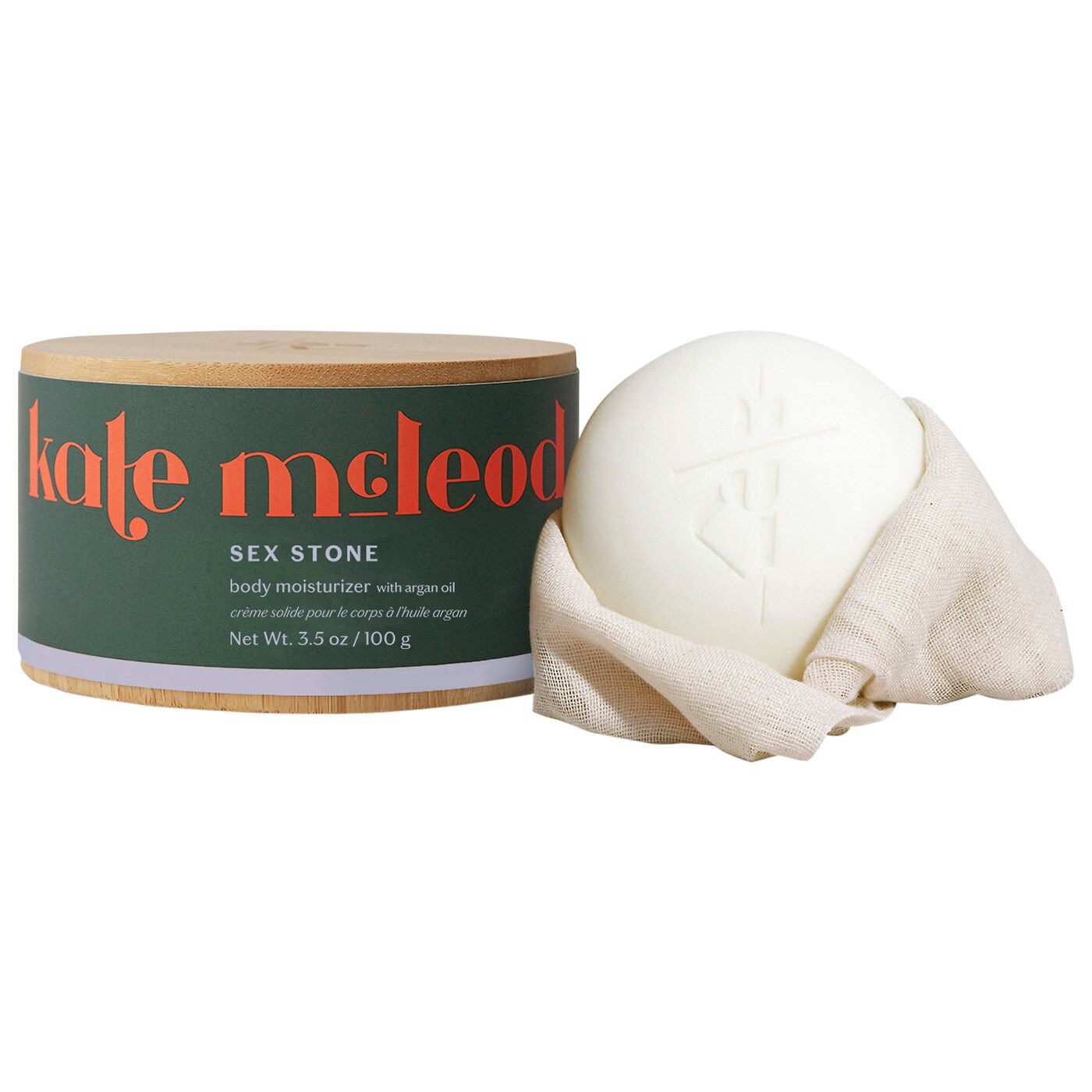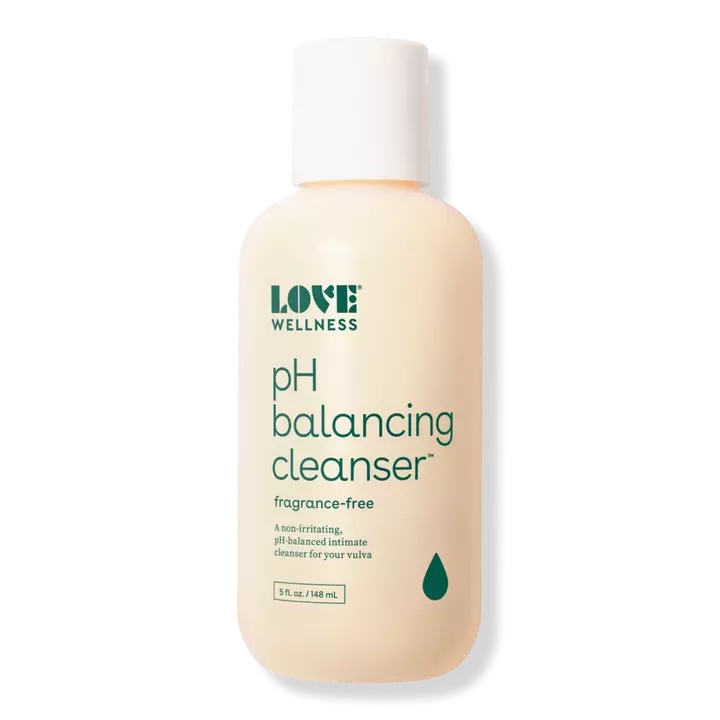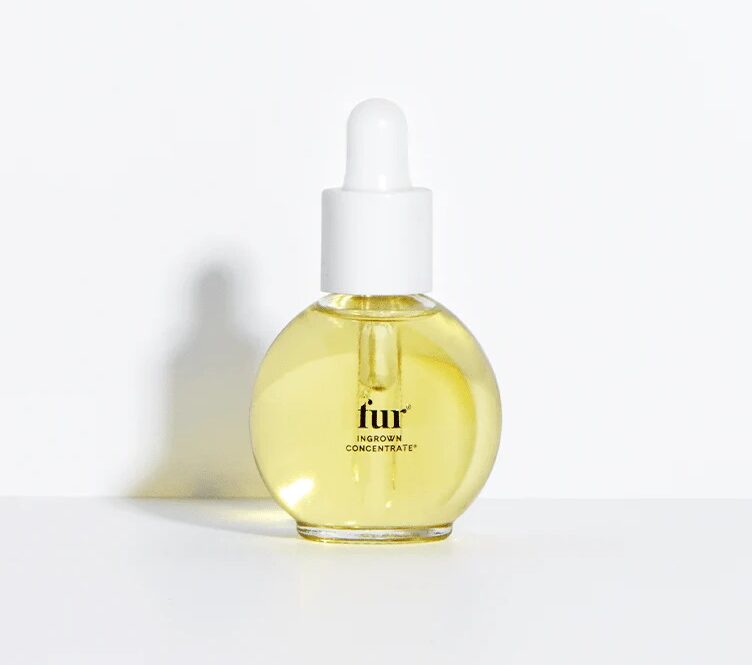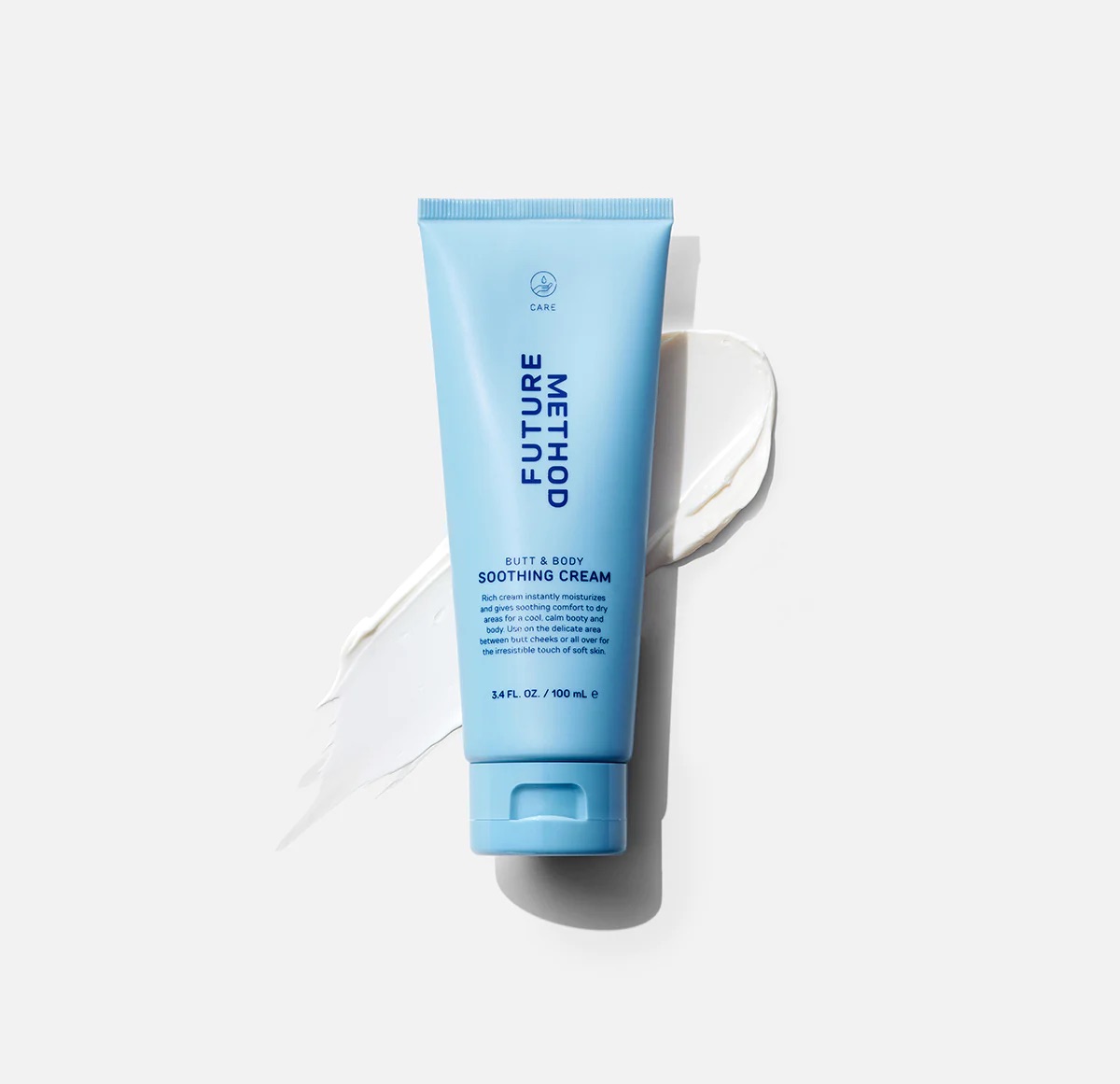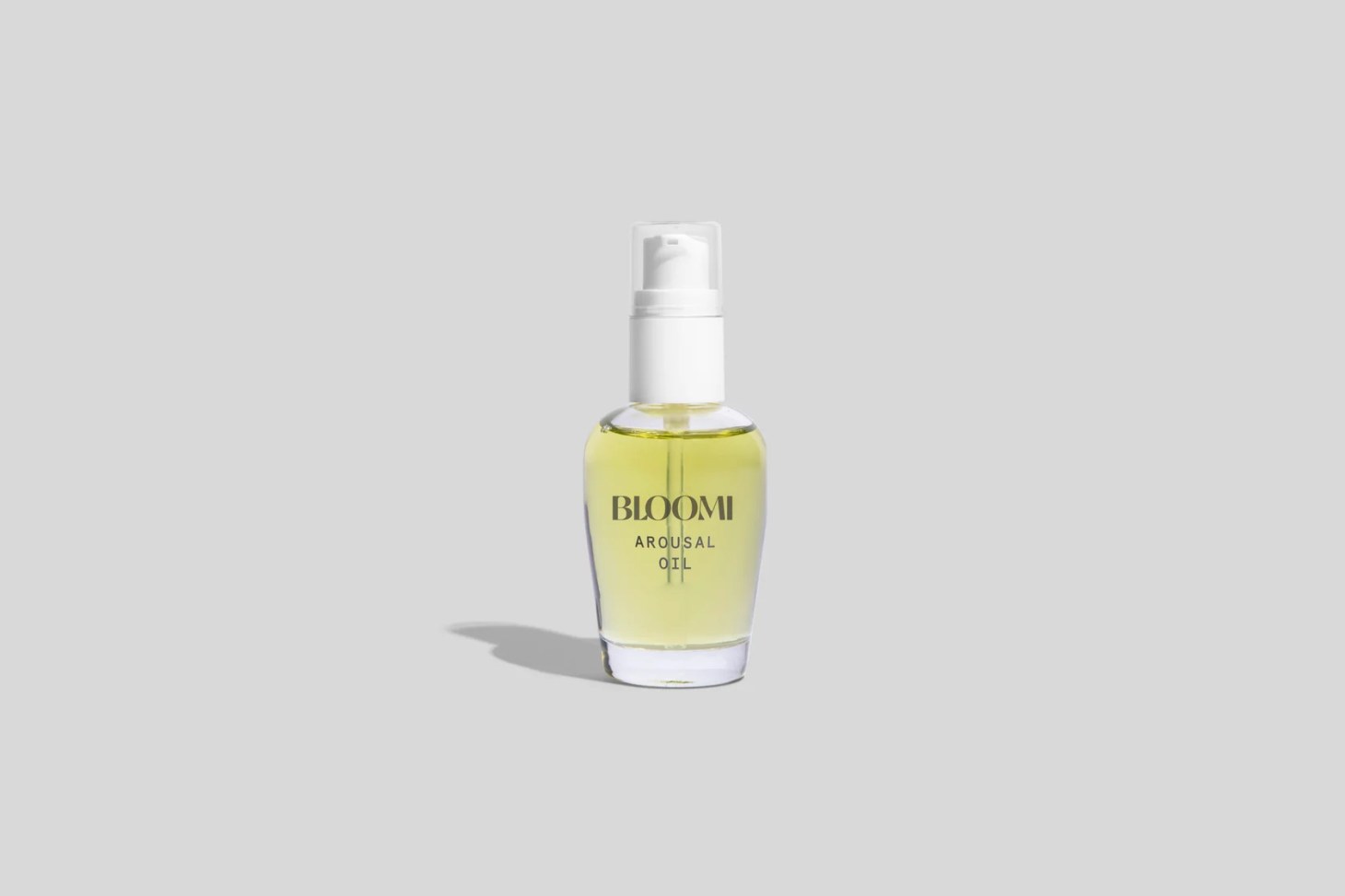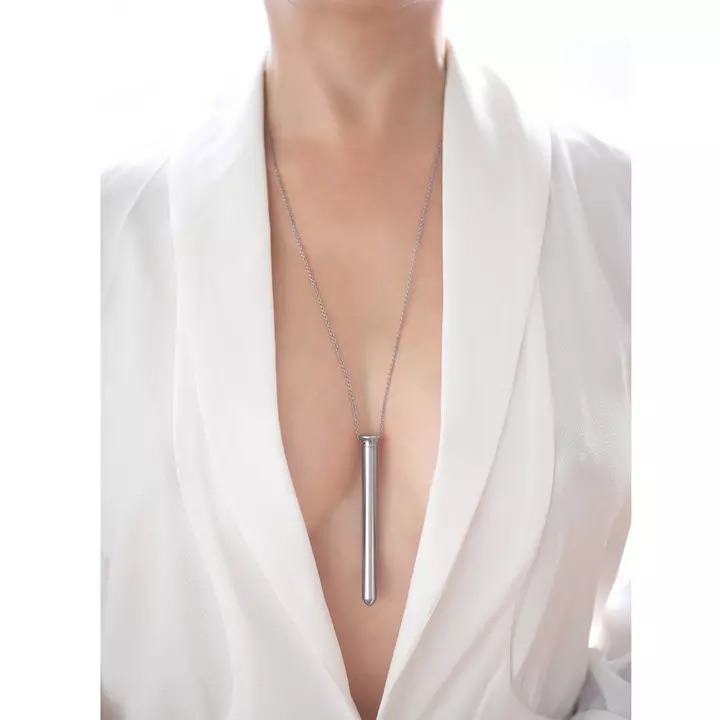The Line Between Beauty and Sexual Wellness Is Blurring—And There’s No Need To Clear It Up
During the past few years, widespread understanding has grown that pleasure for all is a human right. As this stigma-free celebration of pleasure—particularly for people with a vulva—has spread, so too have offerings in the sexual-wellness space. Products that used to be exclusively available at sex shops are now available on the shelves at beauty retailers like Sephora and Ulta. Now, many product lines are extending to full-body care, further blurring the lines between beauty and sexual wellness. The prevailing message? Self care deserves to be a full-body experience practiced within your beauty routine—and that self-care experience includes the vagina.
- Brittany Lo, makeup artist and the founder and CEO of Beia Beauty
- Cindy Deily, vice president of skin-care merchandising at Sephora
- Jessica Shepherd, MD, OB/GYN and women’s health expert
- Katy Cottam, founder of body-care brand Luna Daily
- Krupa Koestline, clean cosmetic chemist and founder of KKT Consultants
- Laura Schubert, CEO and co-founder of Fur
- Penny Coy, vice president of merchandising at Ulta Beauty
Just like your face, armpits, and feet, the vulvar region is entitled to regular TLC. That means "down-there care" isn't reserved for when there's an issue to treat, and the vulvar region is not a problem to be solved. "Typically, a starting point for buying a lubricant, for example, is because 'I've experienced vaginal dryness and, therefore, I want to ease that problem,'" says Katy Cottam, founder of body-care brand Luna Daily, which launched in 2022 with "everywhere" washes, oils, and sprays and became available in Sephora in 2023. "The biggest shift we're seeing is that rather than being a problem-solution category, which consumers engage with reactively, sexual and intimate wellness is shifting to being a positive, self-care category."
{{post.sponsorText}}
The beauty category is indeed broadening to include body care and intimate wellness products, with new launches from mainstay beauty brands, new brands popping up to meet increasing demand, and legacy retailers offering the products online and in stores. This expansion is happening in three categories: vulva skin care (external washes, moisturizers, and in-grown hair treatments), sexual topicals and ingestibles (lubes, arousal oils and serums, and libido supplements), and intimate wellness products. And, by all accounts, the stigma-slashing pairing of beauty and sex is one worth celebrating.
How beauty expanded to include sexual and intimate wellness
Ten years ago, "vagina products" was a narrow category, more so synonymous with "personal hygiene" than "elevated beauty routine" or "body-care practice." It included the likes of tampons, Vagisil, lube, and Summer's Eve. Now, we're able to care for vulvar skin with products just as cosmetically elegant as our facial products. The confluence of beauty and sexual wellness is part of an ongoing shift toward the hybridization of beauty and wellness.
A number of brands and products have revolutionized this emerging sector, and a few primary players are leading the charge at luxury beauty retailers: Fur and Bushbalm, for example, are vulva-specific skin-care lines that both launched in 2016 and were introduced into Ulta in 2019 and 2023, respectively. Maude launched in 2018 with a focus on both intimate care (like vibrators) and body care (like bath soaks), and this past March, it became the first intimate-care brand to launch in Sephora. Stripes, a menopause-focused brand, launched in 2022 with skin care, hair care, supplements, and lubes designed specifically for the intimacy concerns commonly experienced by mature women; it joined Maude at Sephora in June.
Established skin-care brands have also been entering the beauty-sex mix, too: In 2021, Dr. Barbara Sturm launched V Drops ($100), a moisturizing external serum, and Kate McLeod launched the Sex Stone ($45), a sensual solid body moisturizer. This year, Nécessaire, known for its genderless body-care products, introduced a water-based lubricant called The Sex Gel ($25).
According to Cottam, this blurring between intimate brands and beauty is a step in the right direction. "My vision is that we get rid of the feminine hygiene category altogether," she says. "For years, [the beauty] industry has marketed to women and people with vulvas that they need specific products. And I think that has reinforced the separation of the category between beauty products and feminine-hygiene products and reinforced stigma and shame." But with sexual wellness categories landing on the shelves of legacy beauty behemoths like Sephora and Ulta, this shame is steadily disintegrating.
"We’ve always believed that [the intimate-care category] needed to be in a prestige retailer," says Maude founder and CEO Éva Goicochea, "When you only see it in sex shops and drugstores, it continues the discomfort and the commodification of the category. But when you start to see it in places in which you would buy your beloved personal-care item or your beauty products, you start to recognize that this category is just as important—context is everything in terms of evolving sexual wellness."
"We believe intimate wellness is closely connected to holistic well-being." —Penny Coy, vice president of merchandising, Ulta
In the past few years, this vision has started to come true. Today, Sephora has more than 80 intimate wellness products on offer; Ulta has 39; and Dermstore has 65—and according to Cindy Deily, vice president of skin-care merchandising at Sephora, there's more to come. "We’ve found that clients increasingly recognize the connection between feeling beautiful and their overall well-being; they are reconsidering what types of products can deliver on their wellness needs and are seeking them out in new, nontraditional places, like beauty retailers," she says.
Penny Coy, vice president of merchandising at Ulta, agrees: "The definition of beauty is ever-changing, and following the pandemic, we’ve continued to see our guests invest in products and services that help them not only look their best, but also feel their best. We believe intimate wellness is closely connected to holistic well-being."
The new class of intimate products making their way into beauty aisles
The biggest difference between the sexual wellness products you'll find at a beauty retailer and the ones that were once relegated to the back aisle of a drugstore or sex shop is that they place wellness at their forefront. They're not designed (or marketed) to "fix" problems, but rather to enhance your well-being and intimate experiences.
"What sets the new class of sexual wellness brands apart is that they provide options to meet you where you're at and enhance your day-to-day," says Jessica Shepherd, MD, a board-certified OB-GYN in Dallas, Texas.
For example, the industry is moving away from intense, heavily-perfumed "vaginal washes" toward more gentle, fragrance-free "vulva cleansers." Strong fragrance "pushes forward the stigma, which is, 'oh my gosh, my vagina's dirty, I have to continually try to keep it clean and make it smell like flowers,'" says Dr. Shepherd.
Beyond cleansers, the influx of vulvar skin-care serums, oils, and creams designed to moisturize the skin and fight off in-grown hairs is a relatively new category. Fur paved the way for this movement when it introduced its Ingrown Concentrate ($32) in 2016.
Other brands like Topicals, First Aid Beauty, Megababe, and Future Method have also launched their own options in this category, solidifying the pubic area as a spot of skin deserving of care.
Finally, the tried-and-true sex products (think: lube, arousal gels, and sex toys) have gotten an ingredient and aesthetic makeover in recent years. A number of newer products have a sleek aesthetic, begging to be displayed on your vanity, rather than buried in your nightstand drawer. For example, the Revival intimate serum from Lark Love ($58) and the Luxe Arousal Oil from Bloomi ($45) are both packaged in bottles and look and feel like regular skin care. Vibrators are also looking more and more like works of art—the Vesper Vibrator from Crave ($69) moonlights as a necklace and every option from Maude looks sculptural, for two of many examples.
Today's sexual wellness products are elevated in a way that lends legitimacy. They're not something that should be hidden away or ignored—they're products that so many people enjoy and benefit from. By ensuring shoppers have easy, shame-free access to high-quality intimate and sexual care products, the beauty industry is boldly giving permission to everyone to embrace and explore their sexual autonomy.
"I am working on a lot of new intimacy products that are going to be really amazing and something new that people haven't seen," says Krupa Koestline, clean cosmetic chemist and founder of KKT Consultants."There has been a lot of taboo [around] talking about items like sex toys and talking about lubricants, but they're all products that are necessary for people. So I'm just excited that we're allowing people to express—and find—what they need." And the fact that they may find what they need in the beauty aisle is a welcome new reality.
Loading More Posts...
